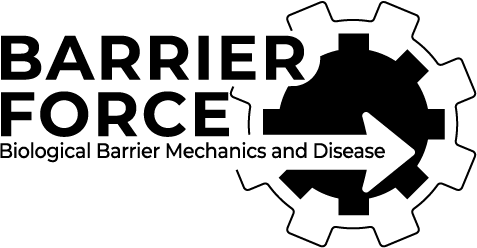MASTL is enriched in cancerous and pluripotent stem cells and influences OCT1/OCT4 levels
Närvä Elisa, Taskinen Maria E, Lilla Sergio, Isomursu Aleksi, Pietilä Mika, Weltner Jere, Isola Jorma, Sihto Harri, Joensuu Heikki, Zanivan Sara, Norman Jim, Ivaska Johanna
ABSTRACT
MASTL is a mitotic accelerator with an emerging role in breast cancer progression. However, the mechanisms behind its oncogenicity remain largely unknown. Here, we identify a previously unknown role and eminent expression of MASTL in stem cells. MASTL staining from a large breast cancer patient cohort indicated a significant association with β3 integrin, an established mediator of breast cancer stemness. MASTL silencing reduced OCT4 levels in human pluripotent stem cells and OCT1 in breast cancer cells. Analysis of the cell-surface proteome indicated a strong link between MASTL and the regulation of TGF-β receptor II (TGFBR2), a key modulator of TGF-β signaling. Overexpression of wild-type and kinase-dead MASTL in normal mammary epithelial cells elevated TGFBR2 levels. Conversely, MASTL depletion in breast cancer cells attenuated TGFBR2 levels and downstream signaling through SMAD3 and AKT pathways. Taken together, these results indicate that MASTL supports stemness regulators in pluripotent and cancerous stem cells.
Keywords: Cancer; Cell biology; Proteomics; Stem cells research.
PMID: 35677646 DOI: 10.1016/j.isci.2022.104459
